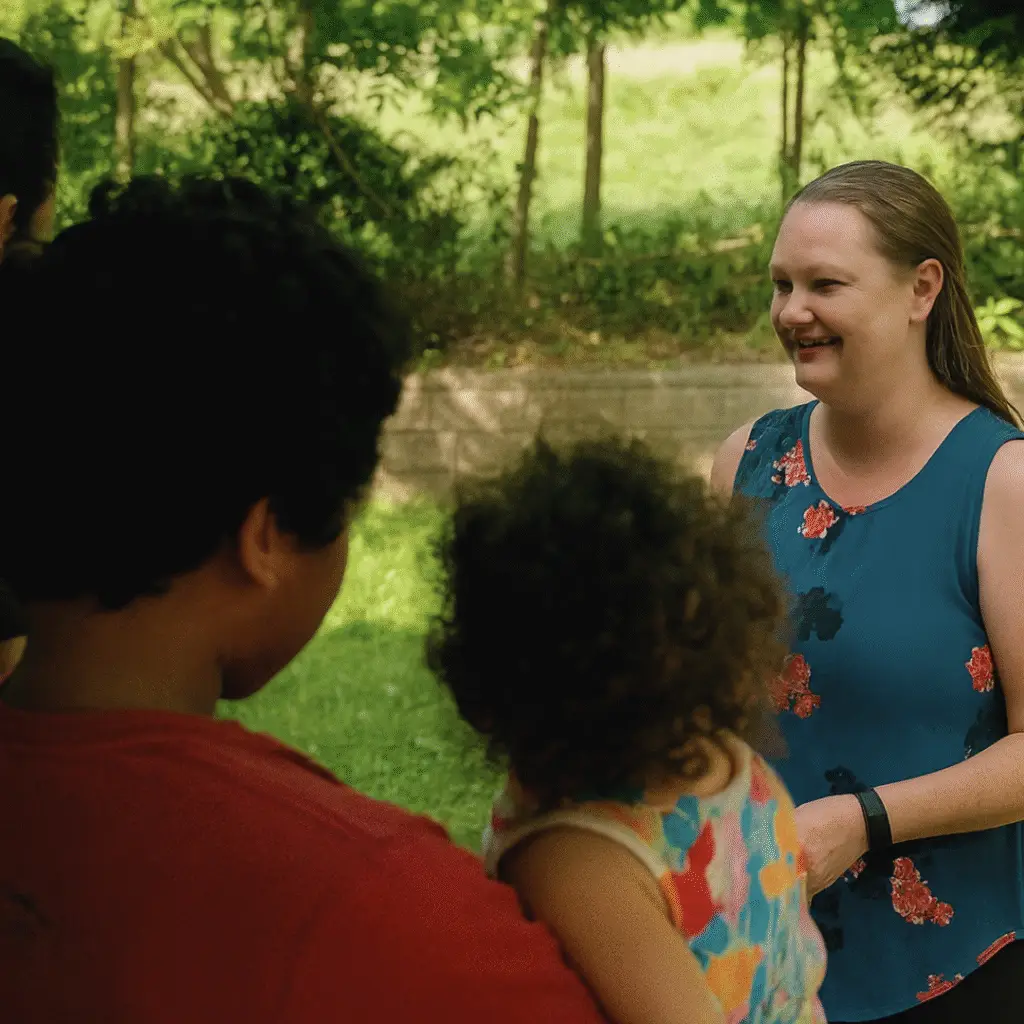Families dealing with medical hardships often carry an invisible burden: the emotional toll of chronic stress, fear, and instability. At Ministries of Grace, we recognize that healing isn’t just physical—it’s mental, emotional, and relational. Explore how chronic illness creates emotional strain on families—and how Ministries of Grace responds to mental health struggles with wholistic support.
To see how this fits into the broader challenge of medical hardships, visit our full overview: How Medical Hardships Push Families to the Brink

The Overlap Between Medical and Mental Health
Chronic illness—whether in a child or adult—often results in prolonged emotional strain. Family members may be overwhelmed by the never-ending logistics: coordinating doctor visits, managing medications, appealing insurance denials, or even just getting rest.
For the person who is sick, there’s often anxiety over the future, depression from isolation, and a loss of identity. And for caregivers? Guilt, burnout, and panic become constant companions.
Key mental health stressors include:
- Ongoing pain or physical limitations
- Financial instability related to illness
- Loss of employment or purpose
- Feeling like a burden to family members
- Caregiver fatigue and isolation
Emotional Strain on Caregivers
Caregivers—often parents or grandparents—carry immense emotional pressure. Many try to appear strong, but inside they feel:
- Helpless when treatments don’t work
- Exhausted from balancing work and home care
- Isolated because others “don’t understand”
- Resentful, then guilty for feeling that way
Studies show caregivers of medically fragile family members are more likely to develop depression, anxiety, or stress-related health conditions themselves. Yet they rarely ask for help.

The Mental Health Impact on Children
Children experiencing medical instability—either their own or a family member’s—can exhibit emotional distress in surprising ways:
- Behavioral outbursts at school
- Withdrawal or regression
- Sleep disturbances or bedwetting
- Anxiety or feelings of helplessness
In one family we served, a teenage daughter began failing her classes and missing school. It turned out she had taken on full caregiver duties while her mother battled late-stage cancer. No one at school knew what she was carrying—until Ministries of Grace stepped in with wraparound care.
How Ministries of Grace Addresses Mental Health
Our approach is always wholistic. Mental health support isn’t a separate service—it’s woven into everything we do.
Here’s how we help:
- Conduct biopsychosocial assessments for every new family
- Refer individuals to licensed trauma-informed therapists
- Provide free or subsidized counseling through partner networks
- Offer in-home emotional support and check-ins with LCSWs
- Advocate for mental health services in school and community settings
When possible, we also help cover the practical barriers to mental healthcare, like transportation, copays, and access to childcare during sessions.

Restoring Stability Through Emotional Support
One mom told us, “I wasn’t eating. I wasn’t sleeping. I was scared all the time. And I didn’t know that someone would care about me too.”
Once her son was receiving steady food deliveries and her own sessions were in place, she said the panic started to lift. “It’s like I could breathe again.”
Your Support Rebuilds Emotional Strength
When you give to Ministries of Grace, you’re investing in healing that goes far beyond medicine. You’re restoring hope, dignity, and peace of mind.
👉 Join The Bridge Monthly Giving Program
👉 Make a one-time gift






